Keywords: Five Billion Years
-

ECONOMICS
- David James
- 09 March 2021
5 Comments
Social media companies are adopting a strategy that may go down in history as among the worst corporate mistakes ever. Google and Facebook are now monopolies and, like all monopolies, they no longer see their main interest as serving customers but rather to capture governments in order to protect their market dominance.
READ MORE 
-
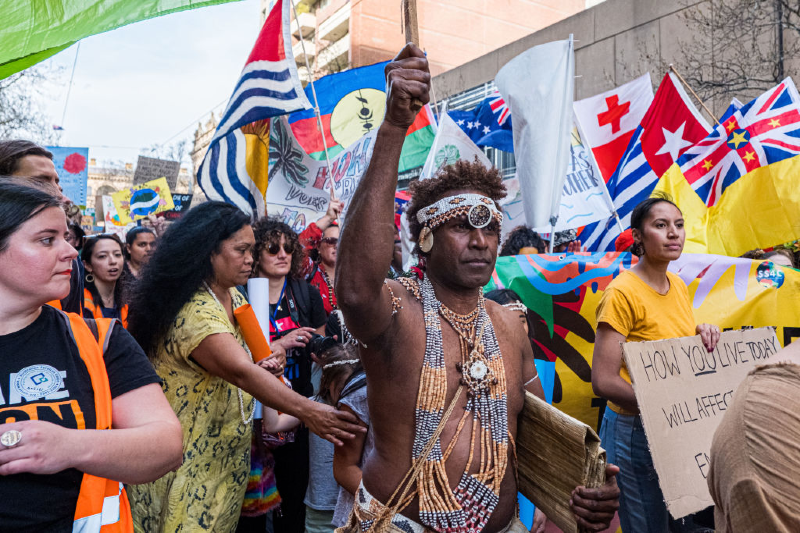
ENVIRONMENT
- Cristy Clark
- 10 February 2021
4 Comments
On a superficial level, it makes no sense to commit so strongly to managing the impacts of climate change (adaptation) on the one hand while refusing to significantly reduce emissions (mitigation) on the other. On the other hand, when you start to unpack the logic of so much adaptation policy, this contradiction fades away.
READ MORE 
-
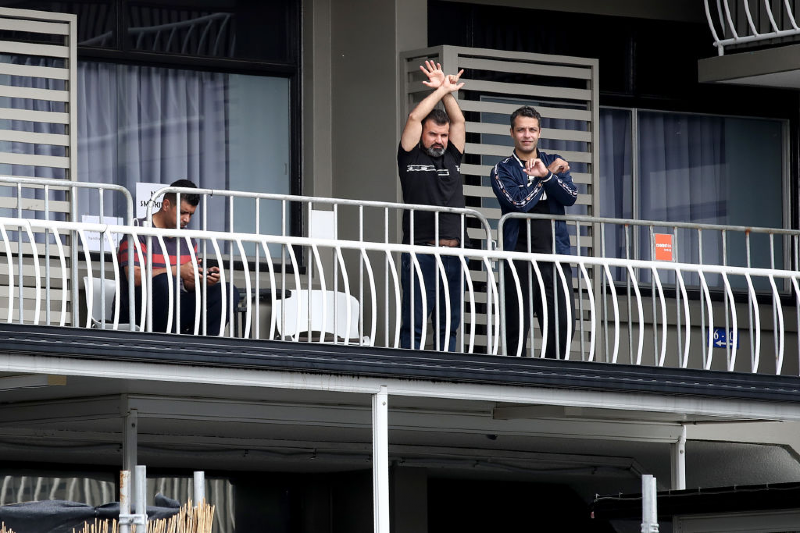
AUSTRALIA
- Andra Jackson
- 15 December 2020
5 Comments
With all the congratulations that have been going around following Melbourne achieving zero COVID-19 cases there is one group that has been entirely overlooked. These particular people remain in a prolonged form of hotel quarantine, unable to mix with the general public. They are refugees and asylum seekers brought to Australia under the now defunct Medevac legislation from Nauru and Manus Island.
READ MORE 
-
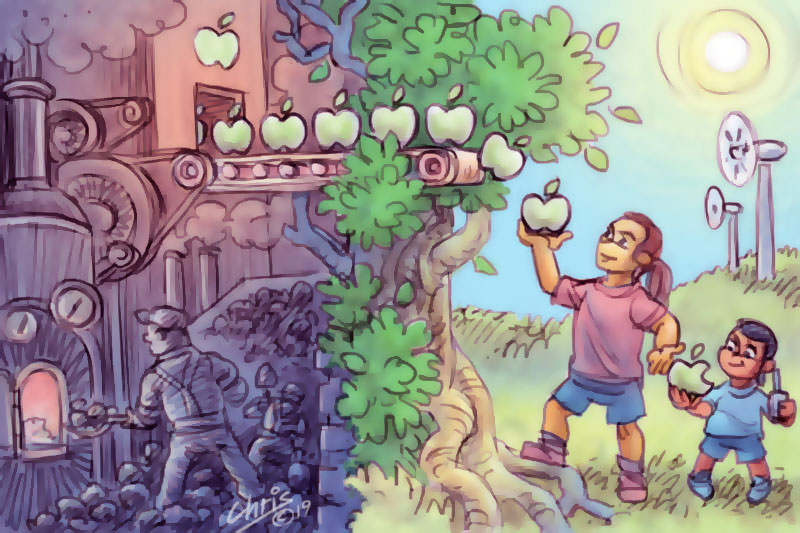
ENVIRONMENT
- Jacinta Bowler
- 16 September 2019
7 Comments
Whole industries have sprung up dedicated to help alleviate climate stress. Tote bags. Metal straws. Zara has announced 100 per cent of its fabrics will be sustainable by 2025 while Apple has said it plans to eventually stop mining. All of this looks great, but it doesn't help the underlying issue: We are still buying way too much stuff.
READ MORE 
-
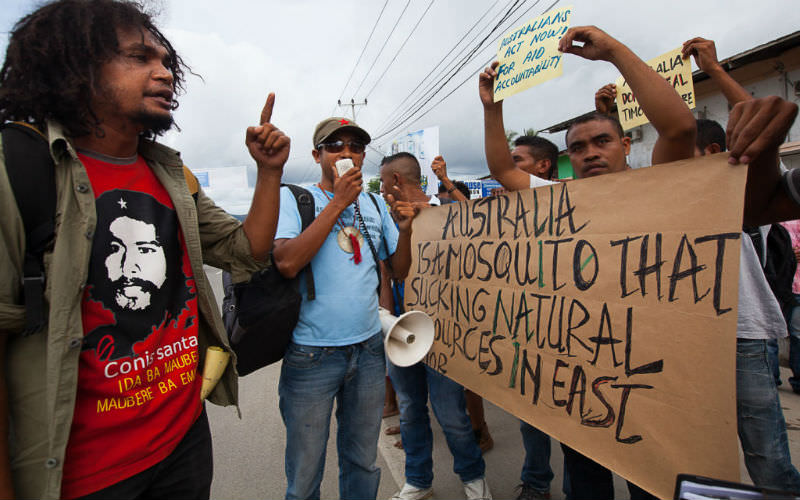
INTERNATIONAL
- Sophie Raynor
- 09 September 2019
13 Comments
Australia’s priority is clear: self-protection at all costs, no matter the sacrifice required of Timor-Leste. And it’s a theme that continues today: Australia’s neighbourly relationship with Timor-Leste remains one of taking anything it can, not of sharing like friends.
READ MORE 
-

AUSTRALIA
- Dustin Halse
- 07 August 2019
7 Comments
Robert Harris' The Gang of One ranges through Harris' five published books and a number of uncollected poems. Early work grows from his occasionally lonely, knockabout life and reveals not only a talent for catching the essence of fleeting memories and perceptions but also a mordant touch that gives edge to memory.
READ MORE 
-

INTERNATIONAL
- Jeff Sparrow
- 08 July 2019
5 Comments
When discussing climate change, it's easy to depict the world's reliance on fossil fuels as primarily a technological problem, to be resolved by new methods for harnessing renewable energies. But that's only part of the story, as the example of Saudi Arabia shows.
READ MORE 
-
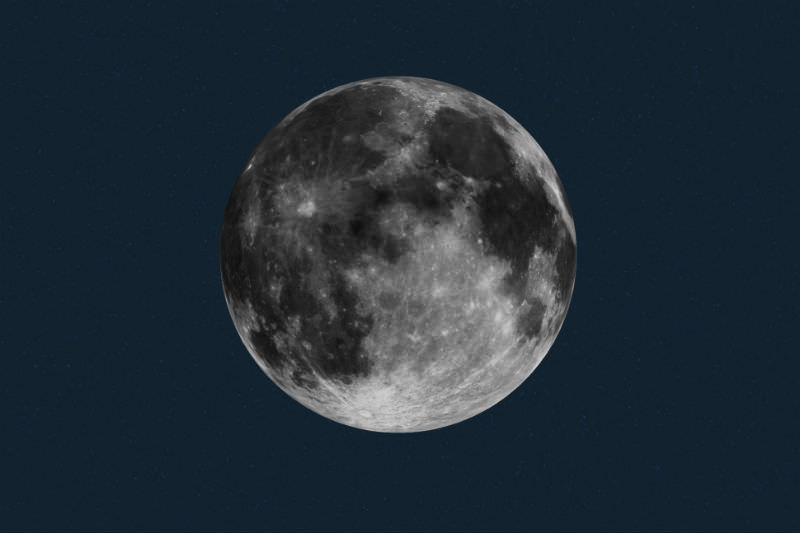
ARTS AND CULTURE
- Barry Gittins
- 17 April 2019
4 Comments
This journey outwards is threatened by demagoguery. The UN's treaty declaring 'celestial bodies shall be used exclusively for peaceful purposes' has been challenged by sabre-rattling by Donald Trump, with his declaration that 'it is not enough to have American presence in space; we must have American dominance'.
READ MORE 
-

AUSTRALIA
- Jeff Sparrow
- 31 January 2019
18 Comments
John Howard promised to 'stay the course' in Afghanistan. So too did Tony Abbott, Kevin Rudd and Julia Gillard. So complete was the political consensus that parliament didn't even debate the Afghan intervention until nine years after it began. Now that there's no longer a course on which to stay, we're due some accountability.
READ MORE 
-

AUSTRALIA
- El Gibbs
- 21 November 2018
10 Comments
Australia’s income support system and employment services have shifted to an ever harsher regime of compliance and penalty, while failing to find work for hundreds of thousands of people.
READ MORE 
-
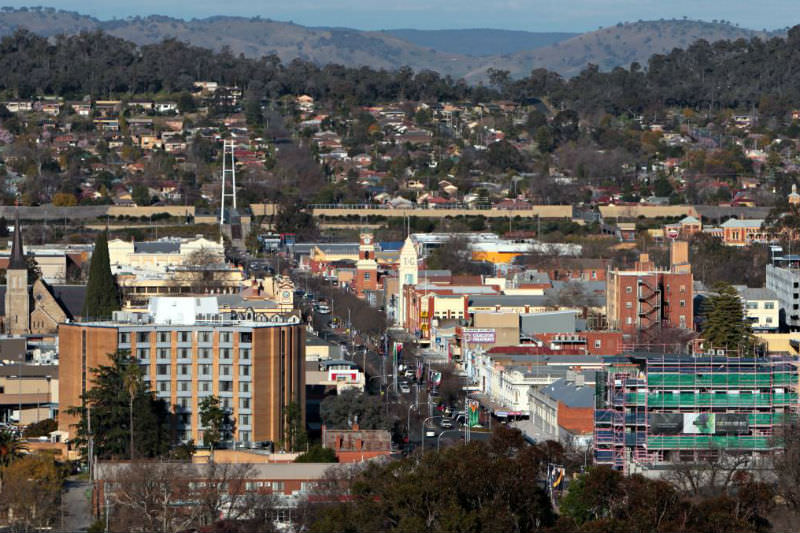
AUSTRALIA
- Fatima Measham
- 11 October 2018
7 Comments
New South Wales premier Gladys Berejiklian's call to halve the state's migrant intake, and Federal minister for cities Alan Tudge's proposed a mandatory five-year regional settlement scheme for migrants, have both left policy observers scratching their heads. And with good reason.
READ MORE 
-

ECONOMICS
The proposed tax cuts will create long-term structural changes to government revenue sources, which may prove to be economic folly in future-proofing Australia against global economic shocks, and in dealing with current unmet needs of poor and vulnerable Australians.
READ MORE 